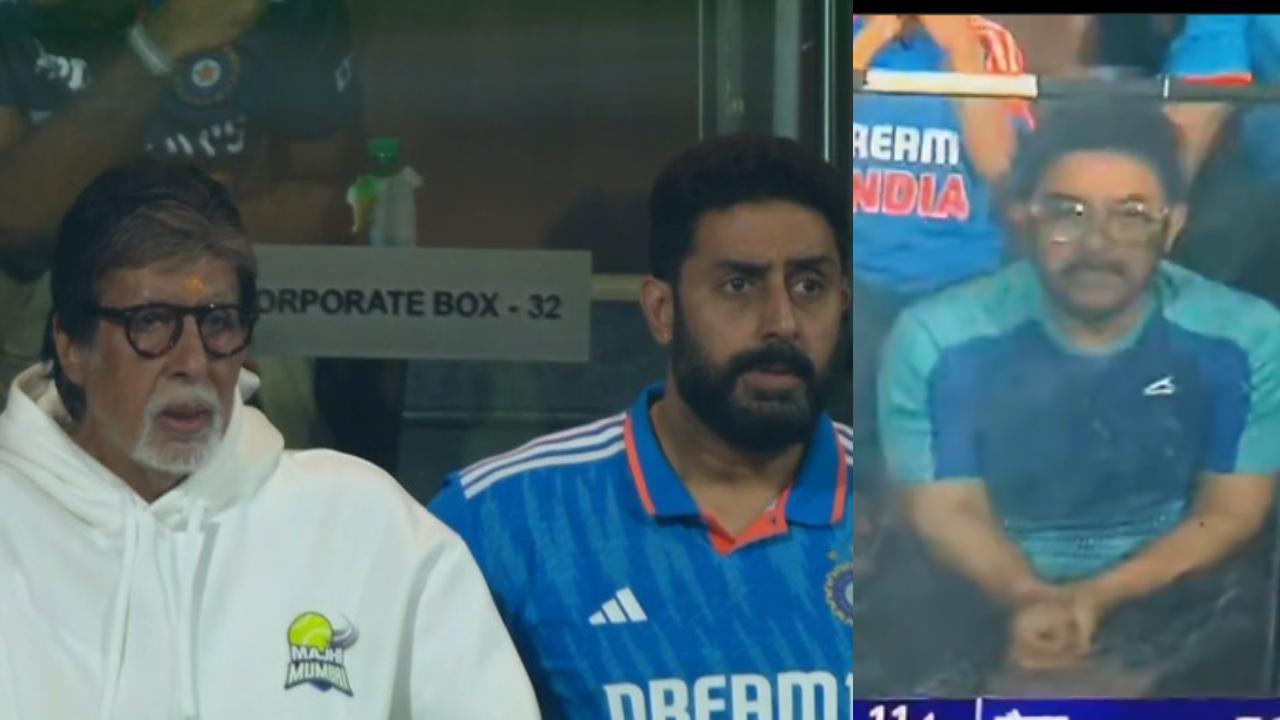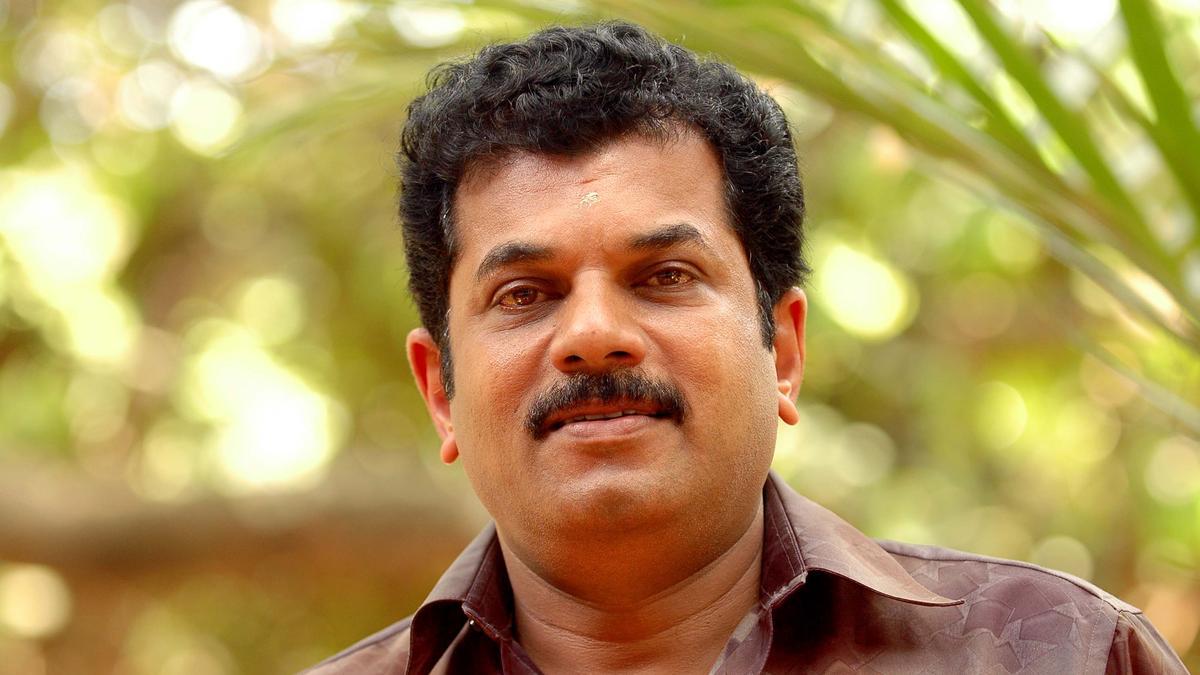
The Sharjah Cricket Stadium stands ready to witness the thrilling finale of the three-match T20I series, with the United Arab Emirates and Afghanistan each having secured one win a piece. As the series is tantalizingly poised, both teams gear up for what could easily be a nerve-racking decider, with the potential for the UAE to claim a rare series victory over a full-member nation.
The opening match served as a showcase for Afghanistan’s Rahmanullah Gurbaz, whose stellar century propelled his team to a commanding total of 203 runs. Despite a valiant effort, the UAE fell short in the chase, culminating in a 72-run defeat.
However, the hosts demonstrated tenacity and skill in the second fixture, reversing their fortunes by setting a target of 166 runs. In what became a gripping contest, Afghanistan was left reeling as they fell short by 11 runs, and the series was drawn level, setting the stage for the imminent finale.
As all eyes turn to the Sharjah pitch for the decisive encounter, it becomes crucial to assess the nature of the surface that has evolved remarkably over the years. A venue once notorious for high-scoring affairs during the IPL 2020—where even runs in excess of 220 were chased down—has now become a challenging battleground for chasing teams.
The data speaks volumes about the changing dynamics of the pitch. With 44 matches played, a first innings average score of 144 contrasts starkly against a modest second innings average of 120. Teams winning the toss at Sharjah have now learned to prefer setting a target rather than pursuing one, as evidenced by 25 wins for teams batting first, against 19 victories for those chasing.
Exploring further the records set at this venue, Afghanistan boasts the highest total, having scored 215/6 against Zimbabwe. On the darker side of history, Hong Kong was bundled out for a meager 38 runs by Pakistan, marking the lowest total at the stadium. Meanwhile, Sri Lanka holds the distinction of the highest score chased, achieving 179/6 in pursuit of an Afghan target. Furthermore, the West Indies’ defense of 142/7 against Bangladesh is etched as the lowest successful defense of a total.
As the anticipation for this winner-takes-all match swells, both squads have showcased their determined and skilled rosters. The UAE squad, led by Muhammad Waseem, features talents such as Aryan Lakra, Vriitya Aravind, and Ali Naseer, while Afghanistan, captained by Ibrahim Zadran, has standouts including Hazratullah Zazai, Mohammad Nabi, and the breakout performer of the series, Rahmanullah Gurbaz, in their ranks.
Cricket enthusiasts, therefore, are bracing for a thrilling conclusion to the series. With pride and prestige at stake, the stage is set at the Sharjah Cricket Stadium for what promises to be a memorable confrontation between these two spirited contenders. As the coin is tossed and strategies are unrolled, one team will etch their name into the history books as the winner of this fiercely contended series.










